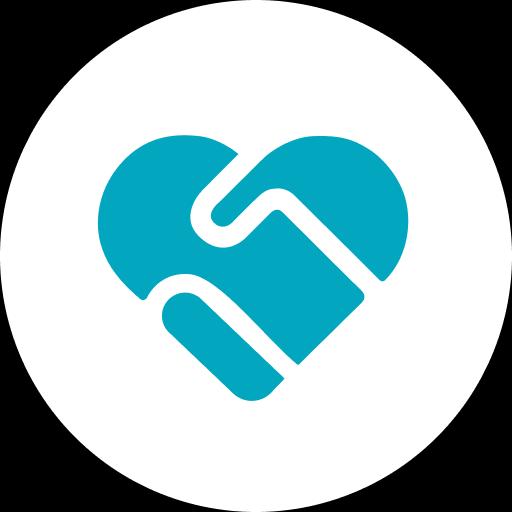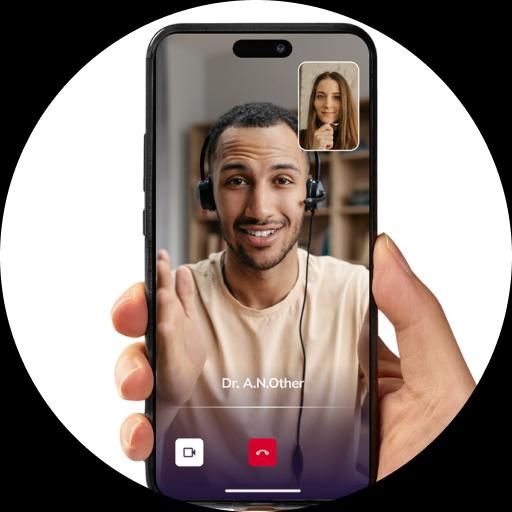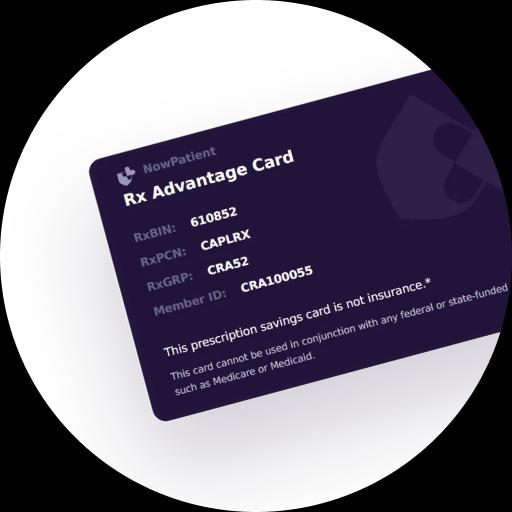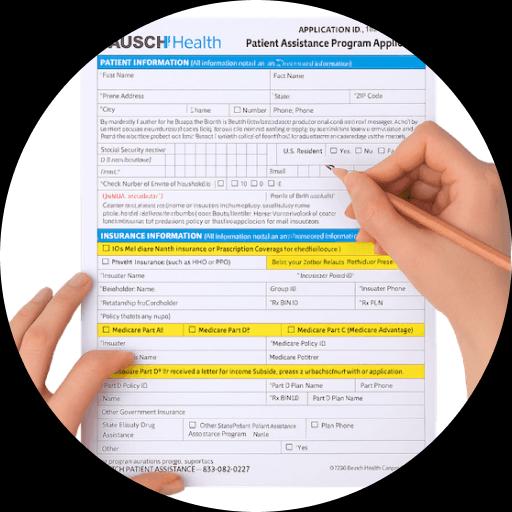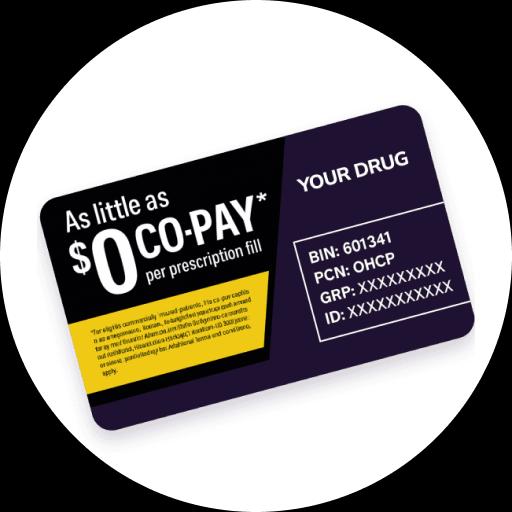Save on Ngenla with Coupons, Discounts & Savings Programs


Start Saving Today!
Lower the Cost of Your Ngenla Prescription
More great savings
View Related Generics
MEDICAL INFORMATION
Ngenla Key Facts
What is Ngenla?
Ngenla is the brand name for somatrogon-ghla and is available as a subcutaneous injection.
What dosages is Ngenla available in?
Ngenla is available in the following:
24 mg/1.2 mL (20 mg/mL) single-patient-use prefilled pen that delivers a dose in 0.2 mg increments
60 mg/1.2 mL (50 mg/mL) single-patient-use prefilled pen that delivers a dose in 0.5 mg increments
What is Ngenla used for?
Ngenla is a human growth hormone analog indicated for treatment of pediatric patients aged 3 years and older who have growth failure due to inadequate secretion of endogenous growth hormone.
How does Ngenla work?
Ngenla works by increasing levels of growth hormones in the body. This increases bone and muscle growth. It belongs to a group of medications known as human growth hormones (hGH).
How do I take Ngenla?
Ngenla is given by subcutaneous injection once weekly, on the same day each week, at any time of the day in the abdomen, thighs, buttocks, or upper arms with weekly rotation of injection site.
The recommended dosage is 0.66 mg/kg based on actual body weight administered once weekly.
Is it safe for me to take Ngenla?
Ngenla is a safe and effective treatment when used for FDA licensed indications. However, like all medications, they may give you unwanted side effects. You should always discuss potential side effects with your physician to ensure the medication is suitable and right for you. You should not use this medication in the following:
Acute critical illness.
Hypersensitivity to somatrogonghla or excipients.
Closed epiphyses.
Active malignancy.
Active proliferative or severe non-proliferative diabetic retinopathy.
Prader-Willi syndrome who are severely obese or have severe respiratory impairment.
Ngenla Common Side Effects
Common side effects of Ngenla:
- Nasopharyngitis
- Headache
- Fever
- Anemia
- Cough
- Vomiting
- Hypothyroidism
- Abdominal pain
- Rash
- Oropharyngeal pain
Ngenla Serious Side Effects
Serious side effects are rare with Ngenla. Ngenla may cause serious side effects, including:
High risk of death in people who have critical illnesses because of heart or stomach surgery, trauma or serious breathing (respiratory) problems.
Serious allergic reactions. Get medical help right away if your child has the following symptoms:
swelling of the face, lips, mouth, or tongue,
trouble breathing, wheezing,
severe itching, skin rashes, redness, or swelling, dizziness or fainting,
fast heartbeat or pounding in the chest, or sweating.
Increased risk of growth of cancer or a tumor that is already present and increased risk of the return of cancer or a tumor in people who were treated with radiation to the brain or head as children and who developed low growth hormone problems. Your child’s healthcare provider will need to monitor your child for a return of cancer or a tumor. Contact your child’s healthcare provider if your child starts to have headaches, or has changes in behavior, changes in vision, or changes in moles, birthmarks, or the color of the skin.
New or worsening high blood sugar (hyperglycemia) or diabetes. Your child’s blood sugar may need to be monitored during treatment with Ngenla.
Increase in pressure inside the skull (intracranial hypertension). If your child has headaches, eye problems, nausea or vomiting, contact your child’s healthcare provider.
Your child’s body holding too much fluid (fluid retention) such as swelling in the hands and feet, pain in the joints or muscles or nerve problems that cause pain, burning or tingling in the hands, arms, legs and feet. Fluid retention can happen in children during treatment with Ngenla. Tell your child’s healthcare provider if your child has any of these signs or symptoms of fluid retention.
Decrease in a hormone called cortisol. Your child’s healthcare provider will do blood tests to check your child’s cortisol levels. Tell your child’s healthcare provider if your child has severe fatigue, dizziness, weakness, vomiting, dehydration, or weight loss.
Decrease in thyroid hormone levels. Decreased thyroid hormone levels may affect how well Ngenla works. Your child’s healthcare provider will do blood tests to check your child’s hormone levels.
Hip and knee pain or limp (slipped capital femoral epiphysis). Tell your child’s healthcare provider if your child has any of these signs or symptoms.
Worsening of curvature of the spine (scoliosis). If your child has scoliosis, your child will need to be checked often for an increase in the curve of the spine.
Severe and constant stomach (abdominal) pain. This could be a sign of pancreatitis. Tell your child’s healthcare provider if your child has any new abdominal pain.
Loss of fat and tissue weakness in the area of skin you inject. Talk to your child’s healthcare provider about rotating the areas where you inject Ngenla.
High risk of sudden death in children with Prader-Willi syndrome who are severely obese or have breathing problems, including sleep apnea.
Increase in phosphorus, alkaline phosphatase and parathyroid hormone levels in the blood. Your child’s healthcare provider will do blood tests to check this.
Effects of other drugs, drug classes and over-the-counter products on Ngenla
The following medications may interact with Ngenla:
- Replacement Glucocorticoid Treatment: Patients treated with glucocorticoid for hypoadrenalism may require an increase in their maintenance or stress dose following initiation of Ngenla.
- Pharmacologic Glucocorticoid Therapy and Supraphysiologic Glucocorticoid Treatment: Adjust glucocorticoid dosing in pediatric patients to avoid both hypoadrenalism and an inhibitory effect on growth.
- Cytochrome P450-Metabolized Drugs: Ngenla may alter the clearance. Monitor carefully if used with Ngenla.
- Oral Estrogen: Larger doses of Ngenla may be required.
- Insulin and/or Other Antihyperglycemic Agents: Dose adjustment of insulin or antihyperglycemic agent may be required.
Who makes Ngenla?
Pfizer
Is Ngenla safe in pregnancy?
It is not known if Ngenla will harm your child’s unborn baby. Talk to your child’s healthcare provider if your child is pregnant or plans to become pregnant.
What is the generic name for Ngenla?
Medical Disclaimer
NowPatient has taken all reasonable steps to ensure that all material is factually accurate, complete, and current. However, the knowledge and experience of a qualified healthcare professional should always be sought after instead of using the information on this page. Before taking any drug, you should always speak to your doctor or another qualified healthcare provider.
The information provided here about medications is subject to change and is not meant to include all uses, precautions, warnings, directions, drug interactions, allergic reactions, or negative effects. The absence of warnings or other information for a particular medication does not imply that the medication or medication combination is appropriate for all patients or for all possible purposes.
OUR CUSTOMERS VIEW
What Customers Love About Our Service
We want everyone to be happy and healthy, that’s what keeps us going. Read what some of them have to say about us.
Medicines Experts
Meet Our Medical Team
We are a broad skilled and passionate group of clinicians with experience of operating in health systems in the United Kingdom & United States. Providing excellent care and advice is at the heart of everything we do. You can read more about our medical team by visiting the medical team page or learn more about how we curate content by visiting our editorial process




